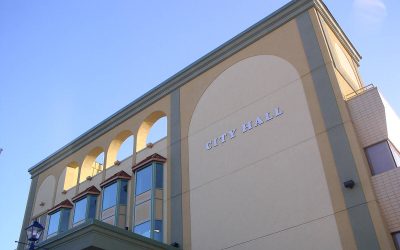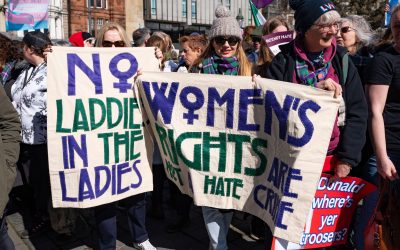If one was to rely solely on Canadian media reports on the recent Alberta municipal elections, you would think Alberta went through a seismic political shift from radical conservatism to a sudden progressive awakening in one fowl swoop.
Most of this discussion is focused on the mayoral re-election of Naheed Nenshi in Calgary and the election of Don Iveson as the new mayor of Edmonton. It is certainly true that the mayors of Alberta’s two major cities are progressive in their political ideologies but Alberta’s political landscape has been shifting for quite some time and really should come as no surprise.
The external perceptions of Alberta across Canada continue to perpetuate a stereotype that should be long gone by this point. It is astounding to follow the commentary on Alberta from B.C., Ontario and the Maritimes in particular as they seem shocked Albertans would elect politicians who are not labelled as traditionally conservative. More than anything else, this proves that the rest of the country continues to misunderstand the Prairie Provinces and the regional dynamics that have been at play for many years in the west.
It is all too easy to point to the fact that of Alberta’s 28 seats in the House of Commons only one is not held by the Conservatives, that being the one held by the NDP right in the heart of Edmonton. At the provincial level, the Progressive Conservative Party has been in power since 1971, thus leading observers to conclude that Alberta, and Albertans, are as conservative as ever. But a closer examination shows a far different trend: Alberta’s appetite for conservatism, and what is even meant by “conservative”, has been undergoing dramatic changes.
Alberta’s political landscape has diversified as it has continued to grow in population, its. Variables such as the growth in the oil industry, the movement of corporate powerhouses from Ontario to the west, the recruitment of labour forces from other provinces in Canada, and the growth in immigrant populations have all contributed to an urban boom in both Edmonton and Calgary, and have begun to impact the demography of the province. As is the case in many of Canada’s large urban centres, as larger and more diverse populations move in, the political preferences of the city change and often become more progressive.
The nature of Alberta’s conservatism itself has also been transformed. Looking back to the 2012 election, Alison Redford’s election as the province’s first female premier can be attributed primarily to Albertans’ fears over perceptions that the Wildrose Party’s ideological base was radically farther to the right compared to the centrist/moderate platform of the PC Party. Social conservatism has become increasingly taboo and utterances of social conservative positions by Wildrose Party candidates leading up to the election (especially on the issue of sexual orientation) stunted the momentum that many believed would carry Danielle Smith to victory.
The question remains whether Alberta is truly more progressive in nature and whether recent trends demonstrate a shift in western political attitudes. Arguably, progressivism has been emerging for decades, and one need only look to electoral trends and outcomes in federal, provincial and local elections to see that conservative-minded candidates have had to change their brand of conservatism, that non-conservative parties are far more competitive in electoral races, and that the population of the province has evolved so much that traditional thinking in Alberta has undergone profound change. Recognizing the evolution in the interests and diversity of Alberta’s residents, politicians and political parties have been forced to reinvent themselves and have set limits on just how conservative they can be without incurring the wrath of an increasingly centrist voting public.
The issue moving forward will be whether Alberta’s politicians will be able to find an effective approach to policy creation that can reap the benefits of the province’s conservative past and combine elements of its emerging urban-progressive thought. Sustainable policy strategies that are able to combine new and old thinking are pivotal for the good of Alberta and Canada as whole.
Alberta is very much the current economic, political and social centre of Canada and it is time the rest of the country began paying attention to what is truly going on, rather than relying on outdated or ignorant stereotypes.


